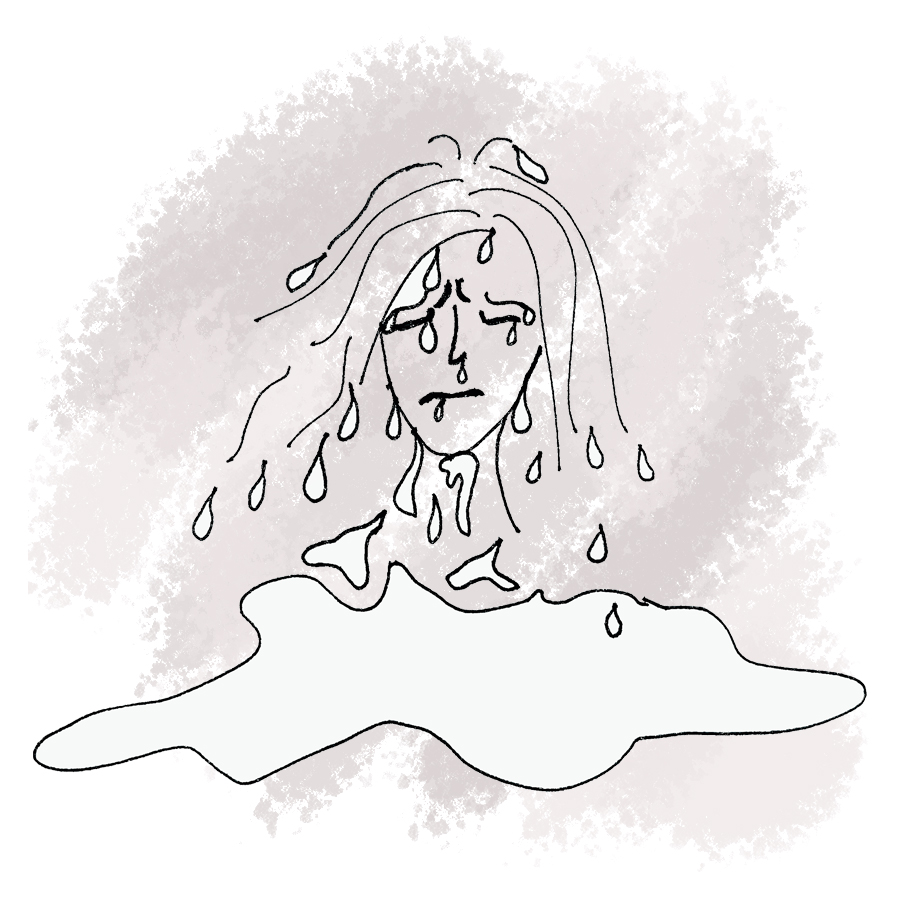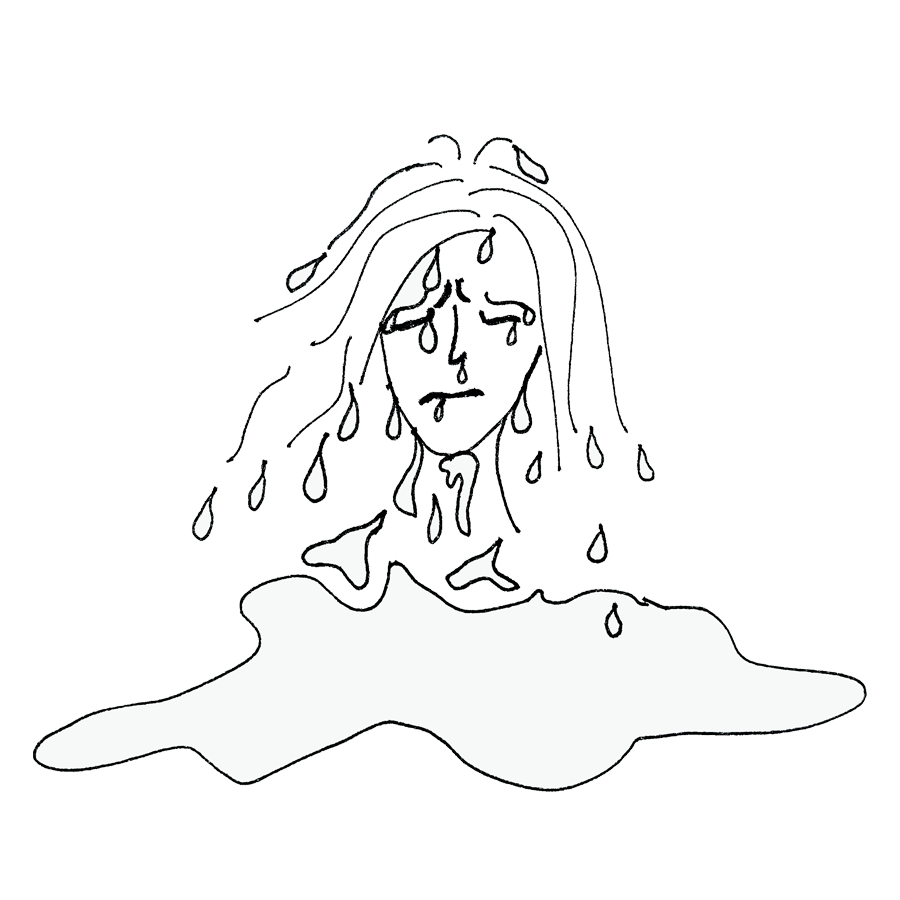Fatigue

For the last three years, Covid long haulers have had to become their own advocates and researchers as they lobby for recognition, funding and proper healthcare. Their knowledge has been hard-won against a backdrop of sickness. They’ve pushed through symptoms that ravaged their previously able-bodies and become the experts of their own disease.
That is why we decided that all the symptoms on this website should be written by patients, for patients. As our co-founder Jenene Crossan says “They poured their hearts, their souls and their deep determination to find just enough energy to put their experiences down for others to benefit from”.
Although we do not intend to give medical advice, the articles have been fact-checked by a wonderful doctor who is suffering from Long Covid too.
About the author
I work in local government, and am an artist and mum of four. I was a very fit and healthy non-smoker, in my early 50s, before I caught Covid-19 in March 2022. A couple of months before falling ill, I climbed Mount Taranaki and biked the 152km Otago Rail Trail. I enjoyed a busy career, pursued many hobbies, and loved exploring our wonderful region’s beaches, bush and maunga.
Fatigue was one of the first signs I was unwell. I had gone for a long walk in the evening and felt well, but was worried about my son, who had tested positive a few days ago. The next day I couldn’t get off the sofa; it felt like a bad flu had arrived overnight. I thought it might last a few days. I was so wrong.
When my fatigue was at its worst, my life was largely spent moving from sofa to bed and back again. Fatigue has crippled me and stolen all the good bits of my life, leaving me just enough energy to do the bare minimum to survive.
Currently, I can only manage about 20% of what I used to do in a day. This is a significant improvement from 5–10% at my worst, but I’m a long way from returning to full health. I can no longer walk very far, run, swim, do Pilates, work full time, go to festivals/public events/functions, be active with my kids, ride my beloved e-scooter… My life is smaller and that makes me very sad. I have lost so much. I hope my kōrero | story helps you feel less alone.
– Female, NZ European/Māori, Ngāmotu/New Plymouth

